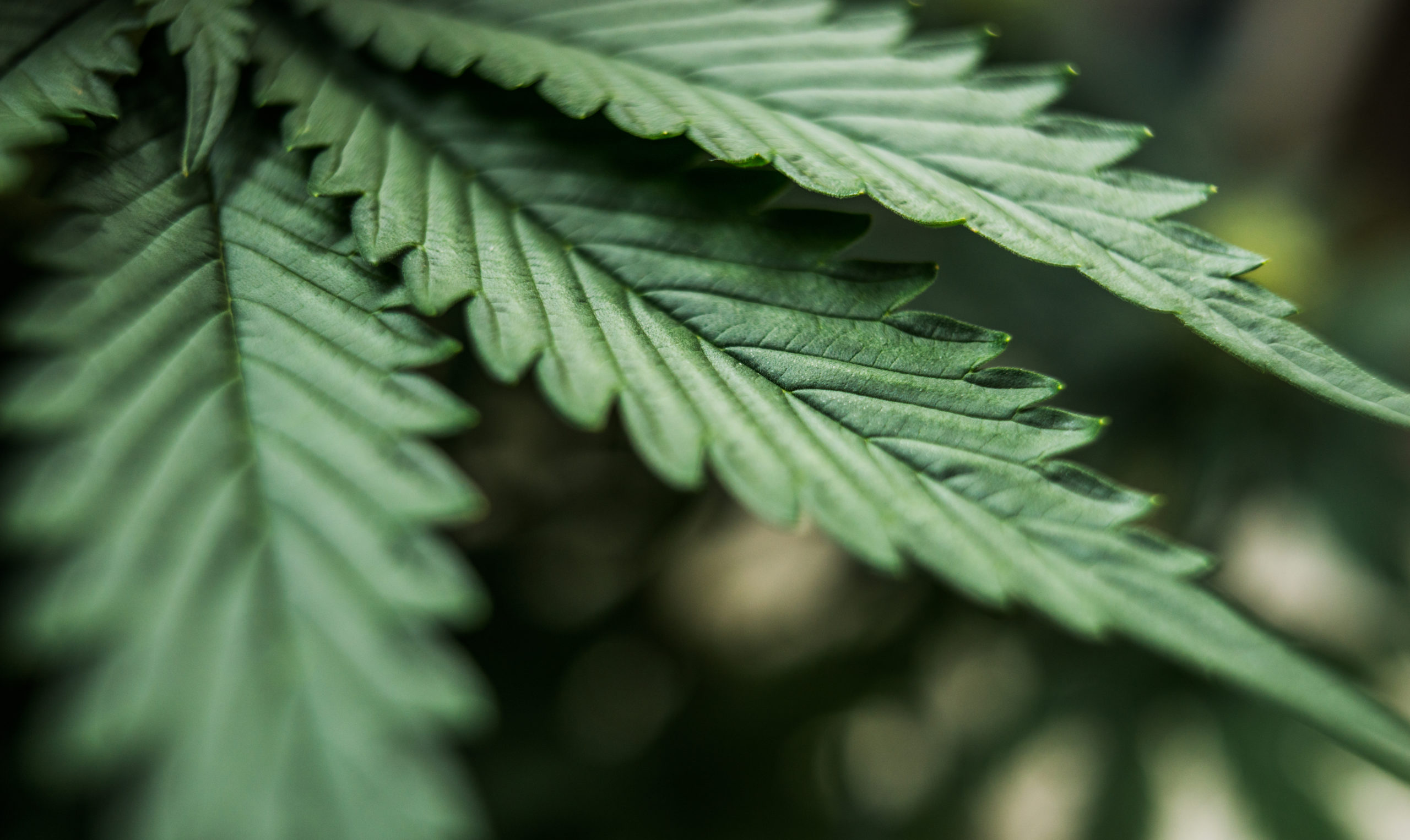Connect with us
Published
3 years agoon

It’s hard to deny that states across the country surely have a number of unlicensed cannabis growers who cultivate and ship their crops throughout the country. This is a phenomenon that predates legalization and has continued despite the progress surrounding adult-use cannabis in states across the country. Now, following the passing of House Bill 3000, Oregon regulators are honing in on hemp farms around the state, with the hope of tracking and eliminating illegal operations hidden beneath seemingly legitimate operations.
The bill allows Oregon to regulate a number of cannabinoid products, alongside a new program that is believed to be the first of its kind in the history of the cannabis industry, with regulators starting on the southern end of the state and inspecting dozens of hemp farms. They aim to determine whether or not hemp grow operations are truly growing what they are authorized to.
This has been a long time coming, according to Oregon Liquor Control Commission Executive Director Steve Marks, because up until now, the state didn’t have the means to gather numerical data during inspections to determine what hemp farms were truly growing illegal cannabis.
“I’ve been hearing for years, ‘It’s all marijuana,’” Marks told Jefferson Public Radio. “So hopefully these test results will actually answer that question.”
Cannabis industry officials have overall been supportive, though some business owners have said illegal grows don’t necessarily threaten legal, licensed businesses in the state. However, targeting these illegal grows could prove to curb negative environmental impacts, like stolen groundwater and diverted surface water, or the use of dangerous chemicals and pesticides.
Though professionals in Oregon’s legal cannabis industry don’t necessarily feel they are in competition with these illegal grows, ultimately the thought is that this cannabis isn’t even staying in state—it’s being sent all around the country. Oregon has worked to gain a sturdy position to promote interstate cannabis commerce, if and when that is made federally legal, so ultimately working on this issue now could benefit the legal cannabis industry moving forward, on a broader scale.
Oregon already has legislation in place allowing farmers to grow cannabis or hemp with the right permits, though it is prohibited for these growers to ship cannabis across state borders. The 2018 Farm Bill made it legal for growers to ship hemp, which opened the door for growers to potentially, and illegally, include cannabis as part of their crop shipment.
The bill passed last month, and inspections are now underway.
The action comes after an increasing concern within the state surrounding the uptick of illegal cannabis growing operations. Just earlier this month, detectives from Oregon State Police raided a large illegal grow in south Klamath County and ultimately seized more than 22,000 plants, also uncovering evidence of water theft.
Regulators have inspected 134 hemp farms in southern Oregon and taken THC samples for further testing, according to Sunny Summers, the cannabis policy coordinator for the Agricultural Department, who spoke August 10 during a Oregon Industrial Hemp Farmers Association webinar. At the time of publication, no illegal cannabis grows have been discovered.
Summers said the regulatory teams are starting with all registered hemp farms in Josephine and Jackson counties, and from there, they will visit the rest of the grows in the state during the upcoming growing seasons.
Inspectors visit the hemp farms, do a site survey and take samples, then send those samples to a location in Medford to test for THC. Summers added that growers do not receive notice of the inspection and they do not receive their test results, unless the crop is noncompliant, in which case, teams will take further action.
Oregon is working to draft rules to incorporate the USDA’s official regulations, like a buffer that protects growers from being held liable if their hemp tests between 0.3 and 1 percent THC.
Kim Stuck, founder of the cannabis consultancy Allay Consulting, said that illegal grows are, “hurting both the THC and the hemp industry equally and making the cannabis industry as a whole look bad. Regulators should be preventing that from happening.”


Study Reveals State Cannabis Legalization Lowers Immigrant Deportation


DEA Challenges Bid To Use Psilocybin Under ‘Right To Try’ Legislation


Vegans Rejoice as Farmers Switch from Chickens to Hemp


Louisiana Legislative Committee Unanimously Passes Adult-Use Cannabis Framework Bill


Louisiana House Bill to Regulate Hemp Products Advances Along With Senate Bill to Ban


Cresco Labs Workers Reportedly De-Unionize
